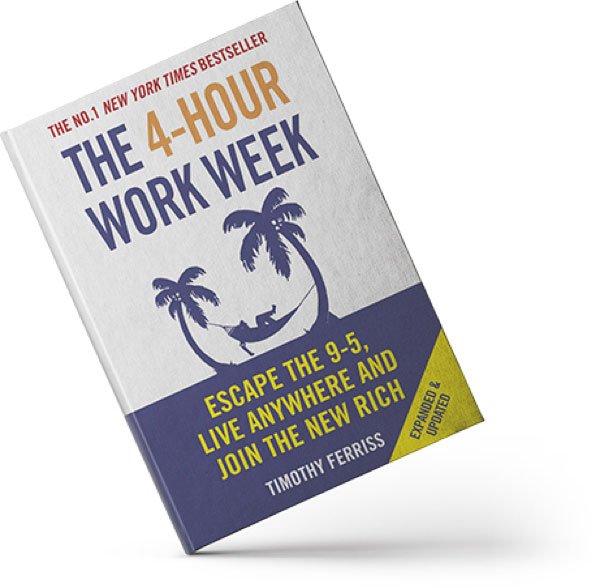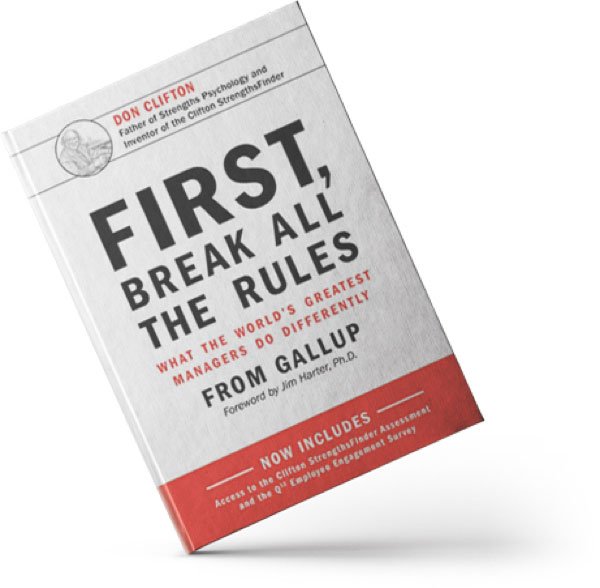This year’s Autumn FD Seminars piggybacked Jeremy Hunt’s Autumn Statement, giving our guests need-to-know UK economic updates and all the tools to become a finance superhero, bar the spandex suit.
Following the Chancellor’s announcements, finance leaders from across the UK flocked to the East and West Midlands for two power-packed sessions. Waiting for them, an expert lineup of speakers, ready to share their insights on accounting standards, ESG reporting, Autumn Statement highlights, the deals market, R&D changes and the UK economy as a whole.
The learnings came thick and fast, and we’ve cherry-picked all the best bits below.
UK ECONOMY: THE EXPERT’S VIEW
Brilliant commentary on the economy and inimitable speaking skills have made Mark Berrisford-Smith one of the first names on our FD Seminar presentation lists.
When the former HSBC Head of Economics visited us in March, the news was grim, with double-digit inflation rates and a struggling economy. This time, inflation was down to 4.6%, but the economy still isn’t growing.
“We’ve done the hard yards,” Mark told us, “but we’re now at the bit where it’s going to hurt the most, and we’re probably here for another 6 months, in the UK and the rest of the world.”
With the outbreak of the conflict in Palestine, global growth has slowed and trade is declining. Interest rate pains are evident as we try to drive down inflation, and commodity prices are rising again across the board.
The Autumn Statement was one of the largest fiscal statements that any British government has ever delivered, and one of the biggest giveaways outside of COVID, totalling more than £90bn. But, the tax burden is still rising.
“The Chancellor’s NI cuts take a little bit of an edge off the fiscal drag,” Mark said, “but we’re all being dragged into higher tax rates because they’re not changing the thresholds,” and it’s expected 3 million people will be dragged from basic to higher rate tax.
Retail volumes are down and the housing market is extremely quiet as money for goods and deposits is being “eaten up” by high rents. While Mark described the economy as going through a “lacklustre, nothingness period,” he also pointed out reasons for optimism.
The IT & Comms sector is a sixth larger than before the pandemic. Similarly, hospitality, which has surpassed pre-COVID levels. Slightly lower mortgage rates are on offer. And, as wages overtook inflation in the summer and real earnings rose, the infamous ‘cost of living crisis’ may have eased for many, leaving “people feeling slightly less under the cosh.”
For Mark, however, “the UK’s labour market is still too tight.”
“It drove our inflation so high and kept it there. The vacancy figure peaked at nearly 1.3m last year. It’s now around 950,000, and when it gets under 850,000, I’ll be a lot happier because pressures on inflation could then ease in a way that’s sustainable.”
It takes a special speaker to keep the audience laughing while presenting a relatively bleak overview of the UK economy, but Mark did just that. Now, we await his next visit and hope his crystal growth ball proves true in six months’ time.
ACCOUNTING STANDARDS UNWRAPPED
Cat Kelly, our Head of Retail & Relationship Partner, had the ever-enviable task of bringing the room up to speed on the latest accounting standards.
The effective date of FRED 82 has been delayed by a year to accounting periods commencing on or after 1 January 2026. The set of draft amendments to FRS 102 across revenue recognition and lease accounting also features major changes to FRS 105, and while the delay will give you more time, it’s recommended to make preparing for the new standards’ impacts a priority.
Similarly, FRED 84, which is set to introduce new disclosure requirements concerning the use of supplier finance arrangements, with a proposed effective date of 1 January 2025.
The FRC’s Annual Review of Corporate Reporting saw 27 of the 252 reviewed companies asked to restate aspects of their accounts. The five most common issues were impairment of assets, judgements/estimates, cash flow statements, strategic reports/CA06, and financial instruments. Income taxes, revenue, provisions/contingencies, presentation/disclosure and fair value measurement were also recurring issues for a lot of companies.
Cat gave us a whistle-stop tour of the upcoming updates to auditing standards ISA 315, ISA 240, ISA 220 and ISA 600. For brevity, we won’t detail all of them here, but if you think they might affect you, get swotting up.
The Economic Crime & Corporate Transparency Act is in its final stages and has been put forward for Royal Assent. These attempts to clamp down on inaccurate or misleading information about the structure and leadership of companies were partly born from the conflict in Ukraine. It soon became apparent there was a lot more Russian money in London than first thought, but no way to tell who actually owned the businesses in question.
The upcoming Companies House reforms are set to arrive against a backdrop of higher volume, more sophisticated phishing and fraud attempts. Traditional industries and businesses are being targeted, particularly those with legacy systems. So, stay vigilant.
ESG REPORTING & SUSTAINABILITY
ESG is on every UK company’s radar. Firstly, because it’s the right thing to do. Secondly, because it’s the law, and the government is introducing significant changes to sustainability reporting, as Nicoleta Ciobanu, our Head of Sustainability told our guests.
The current ESG reporting landscape is, as Nico describes it, an “alphabet soup” of acronyms and jargon-heavy legislation.
ESOS (Energy Savings Opportunity Scheme) is a mandatory energy assessment scheme for any UK organisation considered a ‘large undertaking’. To qualify, you must have more than 250 employees, or a turnover of more than £44m and a balance sheet over £38m. Plus, if you’re part of a group and one undertaking meets the criteria, the entire group must take part in ESOS.
The process will give you practical energy saving recommendations which often lead to real cost savings, and it’s an important step on the road to Net Zero. The assessment program runs every 5 years for qualifying businesses and the Phase 3 deadline has been moved to 5 June 2024 to help companies implement the changes. In Phase 4, it’s expected the threshold will align with SECR and require a Net Zero assessment and emission reduction trajectories.
SECR (Streamlined Energy & Carbon Reporting) applies to all UK entities that meet two out of three criteria:
- Turnover > £36m
- Balance sheet > £18m
- Employees > 250
At a minimum, you’ll have to disclose your energy consumption used to calculate emissions, Scope 1 emissions from combustion of gas and fuel for transport purchases, Scope 2 emissions from purchased electricity, and Scope 3 emissions from business travel in rental cars or employee-owned vehicles. However, changes are expected in 2024 that will see more mandatory Scope 3 reporting (currently just encouraged), mandatory use of the GHG Protocol and more emphasis on setting and meeting targets.
TCFD (Task Force on Climate-Related Financial Disclosures) makes it mandatory for any company with 500+ employees and £500m+ turnover to report climate-related financial information, risks and opportunities.
One to watch out for next year is the UK SDS (Sustainable Disclosure Standards), which was formed to address ISSB (International Sustainability Standards Board) application in the UK. UK SDS aims to unify SECR, ESOS and TCFD reporting into an overall, annual set of sustainability reporting requirements.
With UK requirements expected to publish in July 2024, it’s likely SDS will include Scope 3 emissions and also introduce a UK Green Taxonomy, similar to the EU sustainability legislation.
See what we mean about the acronyms? Beyond getting to grips with the “alphabet soup”, Nico recommends you start managing your company’s emissions, particularly Scope 3. They account for the largest proportion of your emissions, and while they can be tricky to calculate, it’s becoming unacceptable to ignore them. The process could also help you identify opportunities for cost savings, get ready for a Net Zero target, secure better finance deals and futureproof your compliance.
WHAT’S THE DEAL WITH DEALS?
Andy Parker, Partner & Head of Corporate Finance, gave us his update on the M&A market and all the trends that the CP Deals team has been noticing recently.
Volume-wise, after a strong post-COVID resurgence, numbers dropped in the second half of 2022 following Russia’s invasion of Ukraine and the resulting spike in energy prices; the Israel-Palestine conflict has added more uncertainty.
However, where we are now in 2023 is similar to where we were five years ago, pre-Covid in a “normal market”. So, it’s not a bad market. And now, noticeably, there’s more and more private equity going into deals and businesses, filling the gap left by the lower debt levels.
Lower debt levels have impacted pricing and equity returns. More intense scrutiny through due diligence and increased regulation has slowed deals. But, crucially, they’re still getting done and Cooper Parry Corporate Finance has an enviable track record of getting all of our sales mandates done for the last 4 years.
Private equity houses are moving their attention away from big platform deals because they can pose risks and could uncover “skeletons in the closet”. Instead, they’re backing their original investment with more money to do bolt-on acquisitions, and CP is a case in point, as we’ve completed 6 bolt-on deals this year alone, backed by Waterland.
Private equity continually wants to invest in sectors with a high degree of tech-enablement, where mega-trends have big impacts and help other businesses meet regulations. Prices and deal volumes in core, recession-resilient sectors like Healthcare, Technology and Business Services are looking healthy, and the CP Deals team has advised on a number of transactions across these spaces over the last few years.
Is 2024 going to be a bumper year? Andy doesn’t think so, but there are reasons to be cheerful.
Private equity has record amounts of “dry powder” in its hands, ready to be invested. The future political and fiscal change around CGT should initiate shareholder action early. Inflation and interest rates looked to have peaked, and while they’ll probably stay relatively high, they’ll be stable too. Cash-rich companies with private equity backing continue to execute M&A strategies. And as confidence in the market increases, we get more accurate valuations too.
BUDGET BEST BITS
Adele Raiment, our Tax Director, went through all the highlights from the Autumn Statement for individuals and businesses, and you can read more about them in our full Autumn Statement summary.
Mark Frost, CP Innovation Partner, spoke about the merging of the two main R&D tax regimes and the impacts it would have on RDEC and SME claimants.
Thank you to all our speakers and guests for an incredible, insightful morning. We hope you took away as much as we did, and we look forward to seeing you at the next one.
















